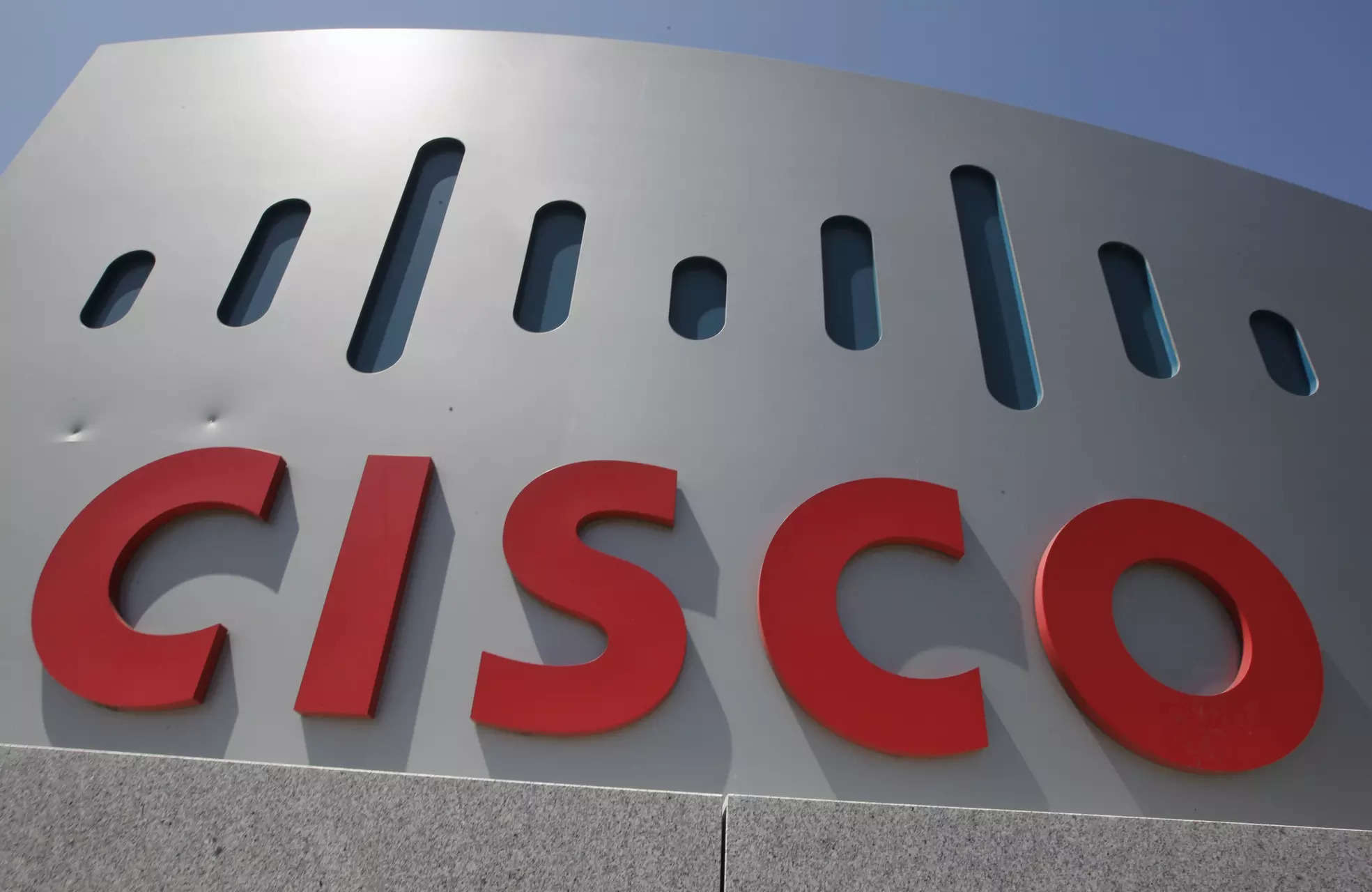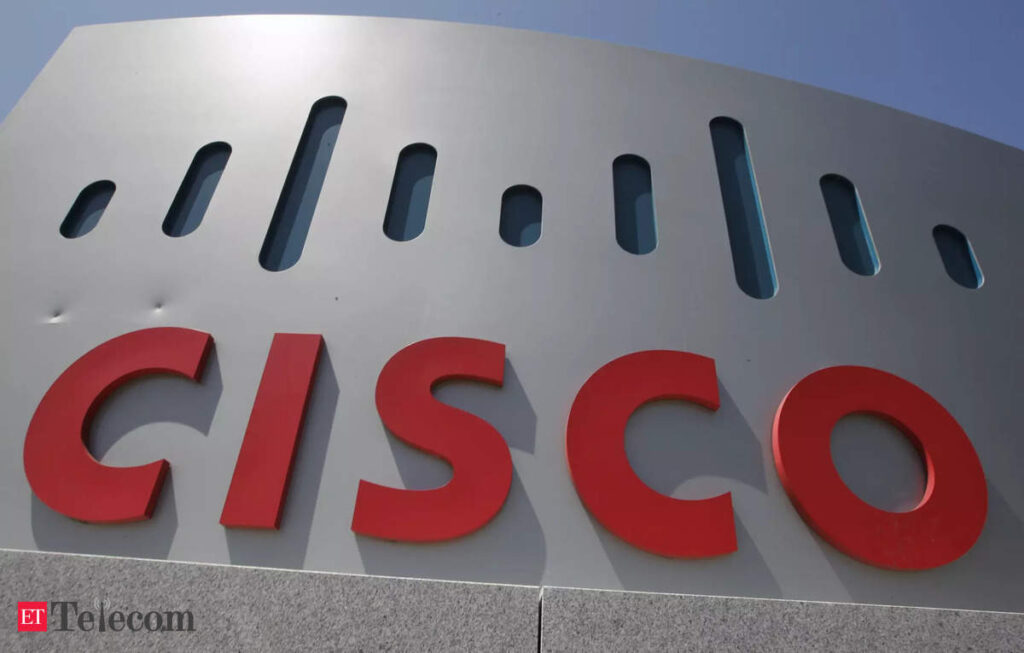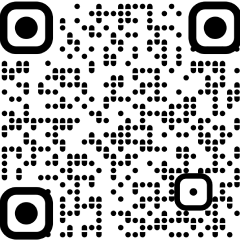
New Delhi: Digital communications and security conglomerate Cisco Systems will bring artificial intelligence (AI) to its core to make its cybersecurity solutions more robust and provide predictive prevention, an executive said.
“What's interesting about what's happening in cybersecurity right now is AI, which is a great shield. I think defense has to be faster than weaponization,” said Cisco Executive Vice President of Security and Collaboration. Jeetu Patel told ETTelecom.
On Monday, the American multinational completed its acquisition of cybersecurity firm Splunk in a $28 billion deal to boost its artificial intelligence (AI)-powered services.
“The reason we announced our intention to acquire Splunk is because Splunk is actually a data platform. What differentiates it is that we use data to ensure we can detect threats before they occur. It's unique data that we can do,” Patel added. Cisco is building the capabilities and technologies that make AI part of the fabric of the entire cybersecurity infrastructure, enabling enterprises to not only detect and respond, but actually predict and proactively prevent.
The combination of these two organizations will revolutionize service delivery in the age of AI, unlocking tremendous value including unprecedented visibility, insight, analytics and resiliency for a wide range of customers around the world.
The US-based networking and digital solutions giant offers purpose-built solutions for cloud and applications, users and devices, networks and industry, as well as a wide range of cybersecurity products including firewalls, passwords and endpoint security. .
After the Splunk merger, Cisco introduced AI capabilities that can resolve potential security threats and end-user performance events in real time.
Cisco's CEO said the company will continue to be robust in not only adding AI to its security stack, but also ensuring it builds security solutions for AI. “You'll see many exciting announcements and features we have to make things easier, more productive, safer and more secure for our customers.”
Patel believes “the use of cybersecurity to thwart AI models” will become an equal or even bigger market. The latter has significant implications for stakeholders seeking responsible use in the absence of a regulatory regime.
“I'm really impressed with what's happening in India from a regulatory perspective – the public-private dialogue,” he said, adding that the country's public sector is working very hard and the world can take cues from that. He added that he should. “I think India is doing a very good job not only in using technology, but also in using technology responsibly.”
Recently, Ministry of Electronics and IT (MeitY) Secretary S. Krishnan said that in the regulatory process, labels and disclaimers cannot be attached as if they were brought about by the application of artificial intelligence (AI) technology. He said it would be important. , to distinguish it from the real thing.
“Embedding metadata that identifies AI-generated text, video, or images is being done in some parts of the world. “I think it's going to be very important to make sure that it's created by humans,” Patel added.
Last December, the multinational company led by Chuck Robbins signaled its commitment to bringing new technology to its security cloud and cross-industry security environments by announcing an AI assistant.




